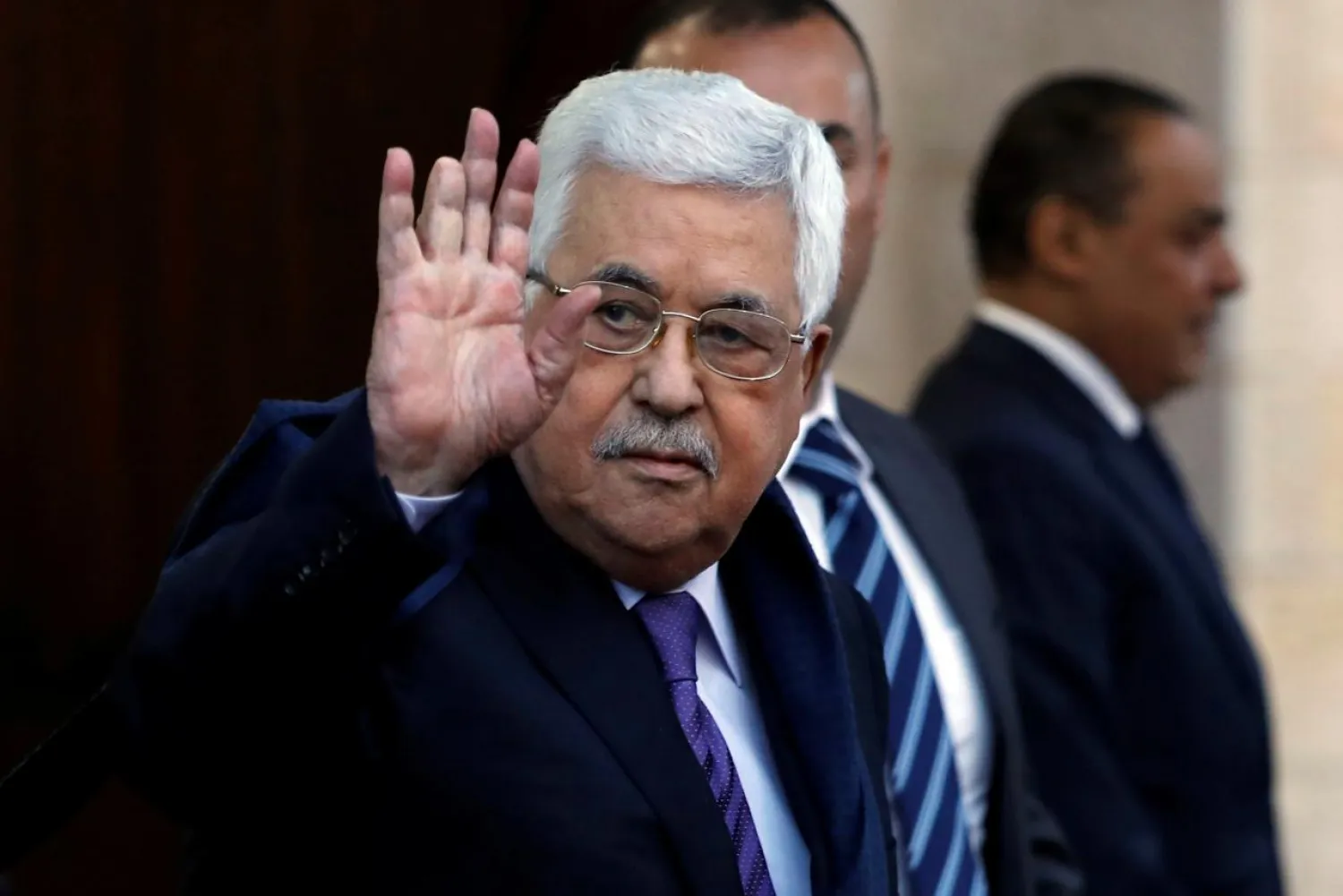Amid an unprecedented campaign of incitement by the Hebrew media and the political community, Israel lodged a formal complaint to the UN Security Council over Palestinian President Mahmoud Abbas’ remarks about the Holocaust, accusing him of anti-Semitism.
Israel’s Ambassador to the United Nations Danny Danon sent a letter to the Security Council calling for a condemnation of “anti-Semitic” remarks by Palestinian President Mahmoud Abbas.
“Such a hateful diatribe against a people who have undergone thousands of years of intolerable persecution, is completely unacceptable. I call on all leaders of good faith to condemn these repeated hateful remarks and demand a full and sincere apology from Mr. Abbas. The Security Council must not stand idly by in the face of this incitement and apparent denial of Israel’s right to exist,” Danon said.
During a 90-minute speech before the Palestinian National Council in Ramallah on the Holocaust on Monday, Abbas said: "From the 11th century until the Holocaust that took place in Germany, those Jews -- who moved to Western and Eastern Europe -- were subjected to a massacre every 10 to 15 years. But why did this happen? They say 'it is because we are Jews'.”
He then cited "three books" written by Jews as evidence that "hostility against Jews is not because of their religion, but rather their social function," adding he meant "their social function related to banks and interest".
Danon said in his letter: “This claim was a dangerous attempt by the Chairman to rewrite history and claim that the Zionist movement was a result of a European conspiracy.”
“For there to be true progress towards peace in our region, the Palestinians will need leaders who are committed to promoting hope and seeking a better future,” the Israeli ambassador stated.
Saeb Erekat, the PLO executive committee secretary, said that Abbas’ recent statements about the Holocaust were “distorted” because he conveyed the views of some historians.
“The president did not deny the massacres of Jews, including the Holocaust. He believes in peace and negotiations, and the establishment of two states living in peace, security and good neighborliness, in accordance with his vision of peace, which he presented to the Security Council in February,” Erekat said.
He also noted that Abbas “has repeatedly stressed respect for the Jewish religion, and our problem is with the occupier of our land.”









